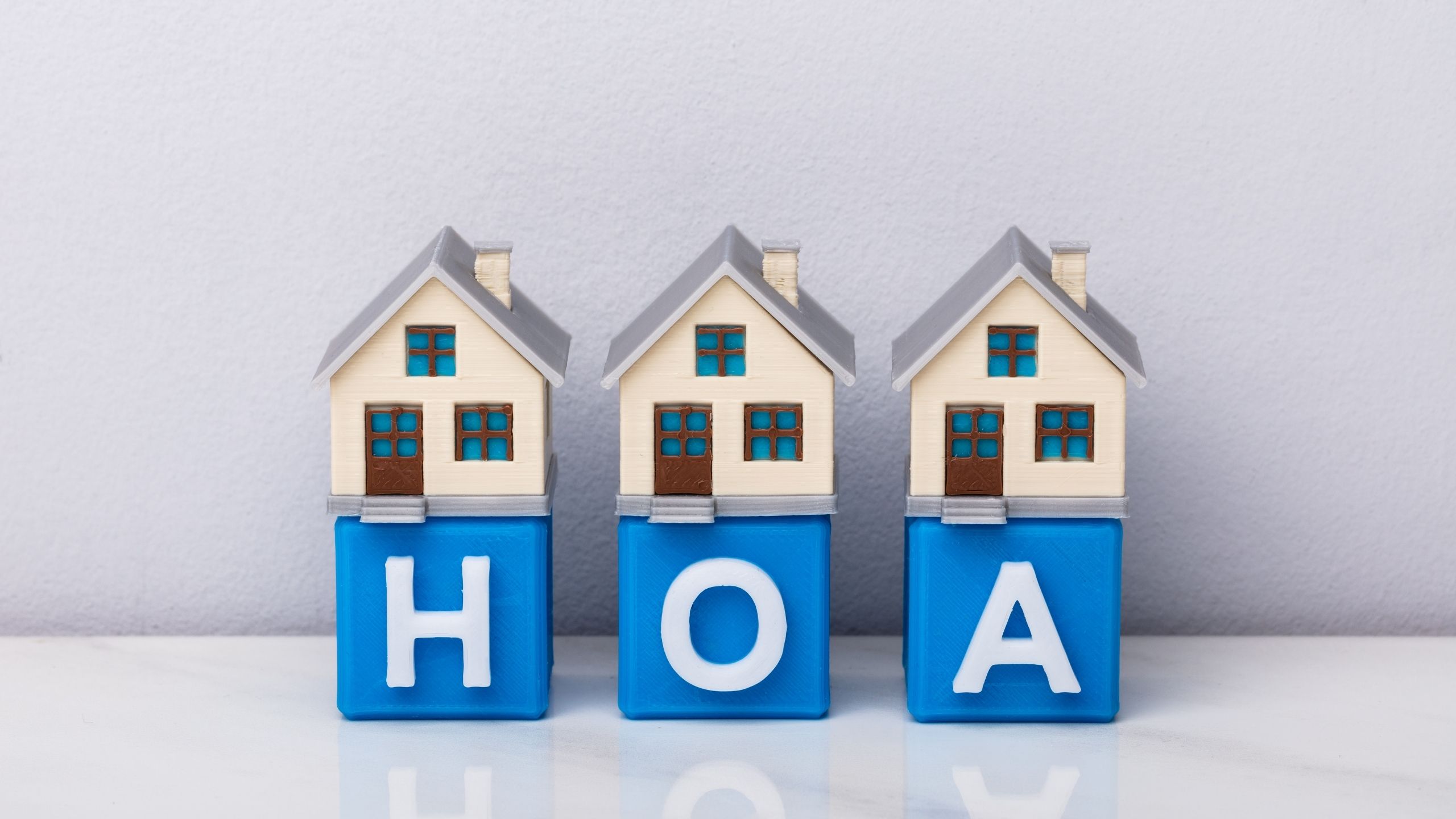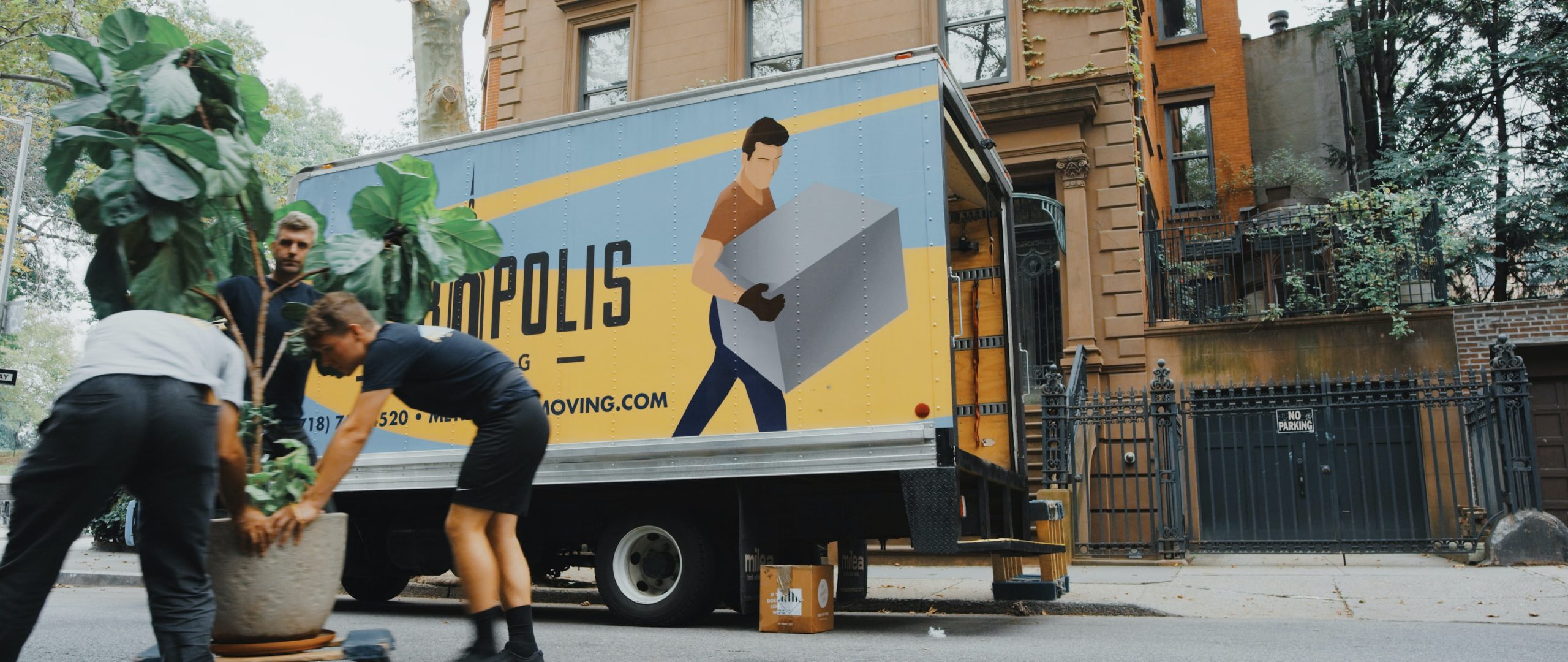Social Links Widget
Click here to edit the Social Media Links settings. This text will not be visible on the front end.
Ask Yourself These Questions Before Purchasing Your Home

No matter how many HGTV shows you watch about flipping old houses that have happy endings, reality isn’t always as kind. Regardless of when the home was built and its current condition, if you find yourself in a situation where you’re getting ready to make an offer, ask yourself these questions first to make sure it really is the right house for you (and your budget).
Questions to ask:
Here are some questions to consider to help you determine whether this is your best option:
- Are you forcing the numbers to work?
Being able to “afford a house” goes far beyond whether you can hypothetically secure the funds for a down payment and get a mortgage. It also includes all the repairs, taxes, maintenance fees, utilities, and who knows what else that pops up over time. Make sure you take all of that into consideration and be realistic about what you can afford. - Does the home excite you?
Not everyone is in a place where they’re able to hold out for a home that “excites” them, but if you are, why spend that much money on something you’re not that into? - Does the home meet everyone’s needs?
If you live on your own, this isn’t an issue, but if you live with a partner and/or family, make sure the house is a good fit for everyone—not just you. - Are you willing to waive the inspection contingency?
It’s a seller’s market, so if your attempt to make your offer stand out is to waive the inspection contingency, that could be a problem down the line. There could be something that comes up in the inspection report that completely changes your enthusiasm for buying the home. - Are you ignoring the findings of the inspection report?
If so, this may not be the place for you. If the inspection comes back with red flags trying to tell you this isn’t the house for you, listen to them. Once we begin picturing ourselves in a home or visualizing ourselves raising kids in a home, it’s really hard to walk away. - Are you up to the task of making all the repairs the home requires?
Please be aware that home improvement shows only show a tiny part of the entire renovation process. It is so much work. And also expensive. If you don’t have the skills to do it yourself, or the money to hire people to make the repairs, it’s time to pass. - Does the house have a high turnover rate?
Do a little research and find out the sales history of the house. If it changes hands frequently, that is not a good sign, and you should find out why that happens.
As heartbreaking as it may be to walk away from what you think could be your dream home, the reality is, it might not work out. And it’s better to know that now, than after the papers are signed.
Moving and Packing Tips

The process of moving is long and complex. Being organized, knowing what needs to be done,
and tackling tasks efficiently can make your move significantly less stressful. We have some moving and packing tips for you and a detailed list to keep you on task and help make your move successful.
SIX TO EIGHT WEEKS BEFORE:
Use up things that may be difficult
to move, such as frozen food.
Get estimates from
professional movers or from
truck rental companies if you
are moving yourself.
Once you’ve selected a mover,
discuss insurance, packing,
loading and delivery, and the
claims procedure.
Sort through your possessions.
Decide what you want to keep,
what you want to sell and what
you wish to donate to charity.
Record serial numbers on
electronic equipment, take photos
(or video) of all your belongings
and create an inventory list.
Change your utilities, including
phone, power and water, from your
old address to your new address.
Obtain a change of address
packet from the post office
and send to creditors,
magazine subscription offices
and catalog vendors.
Discuss tax-deductible moving
expenses with your accountant
and begin keeping accurate
records.
TWO TO FOUR WEEKS BEFORE:
If you’re moving to a new
community, contact the
Chamber of Commerce and
school district and request
information about services.
Make reservations with airlines,
hotels and car rental agencies,
if needed.
If you are moving yourself, use
your inventory list to determine
how many boxes you will need.
Begin packing nonessential items.
Arrange for storage, if needed.
If you have items you don’t want to
pack and move, hold a yard sale.
Get car license, registration and
insurance in order.
Transfer your bank accounts to
new branch locations. Cancel
any direct deposit or automatic
payments from your accounts if
changing banks.
Make special arrangements to
move pets, and consult your
veterinarian about ways to make
travel comfortable for them.
Have your car checked and
serviced for the trip.
Collect items from safe-deposit
box if changing banks.
TWO TO THREE DAYS PRIOR:
Defrost your refrigerator
and freezer.
Have movers pack your
belongings.
Label each box with the contents
and the room where you want it
to be delivered.
Arrange to have payment ready
for the moving company.
Set aside legal documents
and valuables that you do not
want packed.
Pack clothing and toiletries,
along with extra clothes in
case the moving company
is delayed.
Give your travel itinerary to a close
friend or relative so they can reach
you as needed.
Look out for the second part of this coming soon!
written by Chasity Rodriguez
Social Media Director
How to Make Moving With Your Cat or Dog a Success

blog post by Chasity Rodriguez
IN A TIME DEFINED IN many ways by the coronavirus pandemic, everyday life is affected constantly as we adapt to changing circumstances. One of the many effects of the pandemic is that more and more people are buying or adopting pets, sometimes referred to as “pandemic puppies,” than ever before.
Simultaneously, an increasing number of people are sheltering in place or being uprooted and going through multiple moves due to major life shifts in how they work or go to school. For many families, that means packing up and making a move with their furry friends in tow.
Moving is not necessarily a fun activity, and we often don’t take into consideration just how stressful it can be for our four-legged friends. Animals, like people, need time to adjust. But with smart preparation and planning, you can make the move successful and easier for your pet, for you and for your new home.
Here are five tips to make moving with your pet as pleasant and stress-free as possible:
Visit Your New Home Before Moving Day
Introduce your pet to your new home and surroundings the way you might introduce young children to the space (they’re called “fur babies” for a reason, after all). Most people bring their children to their new home a few times prior to an actual move to get them excited about the house and neighborhood. This gives them time to explore and visualize themselves in the new environment and can alleviate some of the stress that may carry over with the major transition.
Try this with your dogs, too – let them sniff around while you’re taking measurements for furniture. Take them for a walk around the block so they can start to familiarize themselves with their new surroundings. Seek out any local dog-friendly parks and research where the best veterinarians and doggy day cares are. You’ll both come to rely on these resources, and it’ll be a great way to meet new people in your neighborhood.
You may be tempted to throw away old, worn-out items prior to your move, but you’ll be glad that you didn’t get rid of your dog’s favorite chew toy or your cat’s beloved scratching post. Having these familiar items present in their new spaces will be key to helping them acclimate and feel right at home.
If you really hate that old dog bed, it doesn’t have to stay in your new house long-term. Keep it around for the first few weeks until the dog adjusts and feels comfortable in its new space. Think about how you would feel if someone tossed your favorite pillow that you simply cannot sleep without.
The same goes for cats. You may feel inclined to get a brand-new litter box for your new home, but hang onto the one they’re familiar with while they get used to the new setting.
Keep Them Away From the Action
No one enjoys the mayhem of moving day. The house is a mess, movers are rummaging around and you’re scrambling to do your best to make sure it all goes as smoothly as possible.
It may be a smart move for families with children to send them to stay with a family member or friend on the actual move day, and do the same with your pet, if possible. You don’t want them to associate their new home with the inevitable chaos and the frazzled mood you are sure to feel on moving day. If you don’t have someone that lives nearby, drop them off at day care or ask a new neighbor if they’d be willing to help.
Prevent Accidental Damages
A move can make pets act abnormally – your dog may decide to use the floor as a bathroom or a cat may scratch up the carpeting. To avoid these potentially costly damages, try to protect your new home as if you were dealing with a new puppy or kitten with some simple precautions.
Lay floor mats down or cover the couch temporarily until you know all the moving jitters have subsided. An accident can create more stress for both of you, and tarnish what should be a loving and peaceful new environment.
Give Them a Room, Then Room to Grow
Cats, in particular, are more likely to feel anxious about their new surroundings. A way to ease their anxiety is to limit their initial access to the whole house or apartment. Create a home base for them in one room that has their favorite toys, water, treats and a litter box, and allow them to acclimate on their own time. Once they’re comfortable there, you can open up additional space for them to explore room by room. If your cat’s home base isn’t the final destination for its litter box, slowly move it closer to the permanent location each day.
Finally, don’t forget to change your pet’s address tags when you relocate. With time, patience and smart planning, everyone will start off on the right foot (or paw) in your new home.
By Allison Chiaramonte, Contributor
Chasity Rodriguez
Social Media Director
Windermere Mill Creek
Everything You Need to Know About HOAs

If you have been shopping for a new home recently, you might have realized that more and more communities have an HOA, and therefore have HOA fees. If you buy a home within an HOA, you have to join it, no matter what. So what is an HOA and are they really worth the fees they charge? Should you pass on your dream home just because it is a part of an HOA? Keep reading to find out more about HOAs and whether they are really as bad as everyone thinks!
What Really is a Homeowners Association?
So what really is a Homeowners Association, or HOA? An HOA is an organization in a condominium or other neighborhood community that makes and enforces rules for the people living in that community and how they need to upkeep their homes. If you buy a home within an HOAs jurisdiction you automatically become a member in that HOA. An HOA is usually made up from other people in the neighborhood or community. It is nice that the organization is made up of people in the community, but sometimes this means the HOA could be run by people who don’t necessarily know what they are doing or talking about when it comes to your neighborhoods or homes real value. The rules they make are usually designed to keep the neighborhood looking uniform and nice. The rules typically only apply to the front exterior to the house and target things like the cleanliness and condition of the property. They are usually just rules about how long you can let your grass grow or what color you can paint your house. There may also be rules about the types of things you can use to decorate your yard with too and when it’s ok to display seasonal decorations. This is to make sure that each home and the overall neighborhood is able to maintain its value overtime. So there is a purpose for the fees that they charge their members.
What Are The Fees Used For?
The fees that HOAs charge are used for more than just helping them enforce the rules. The fees usually go towards things like paying for landscapers for the neighborhood, amenities like community pools and playgrounds or tennis courts, or even neighborhood events during the year, like a neighborhood block party. The fees can even be applied towards things like trash services and snow removal in the winter. The fees average anywhere from $200-$400 a month depending on the neighborhood, but everything goes toward improving your neighborhood and home value.
Overall Pros and Cons
Just like anything else you need to consider when buying a home, there are pros and cons to an HOA. The main pros being the HOA rules are there to protect your home’s value and that the fees usually go towards things for the community, like being able to maintain a community pool or events like a block party. Some people would say that an HOA can make a neighborhood closer because of the meetings involved and it usually is made up of members of the community. The main cons are that the management could be inexperienced therefore not making the best decisions and that there are set monthly fees that are usually over $200.
The best way to think about an HOA fee is to just realize it is an investment in your personal community. Like I stated earlier, more and more neighborhoods seem to be requiring you to pay an HOA fee, and while it might feel like an unwanted and unnecessary fee, it can really benefit you at the end of the day. So I wouldn’t suggest passing on your dream home just because of an HOA fee, because that fee might just make your dream home that much better.
Written By Nikki Allen

 Facebook
Facebook
 X
X
 Pinterest
Pinterest
 Copy Link
Copy Link









